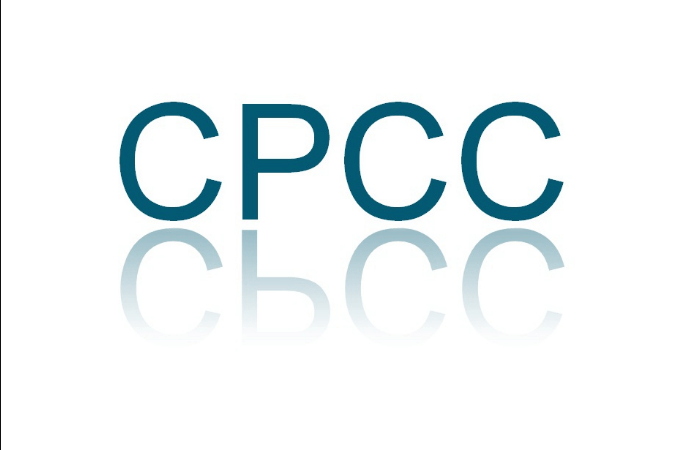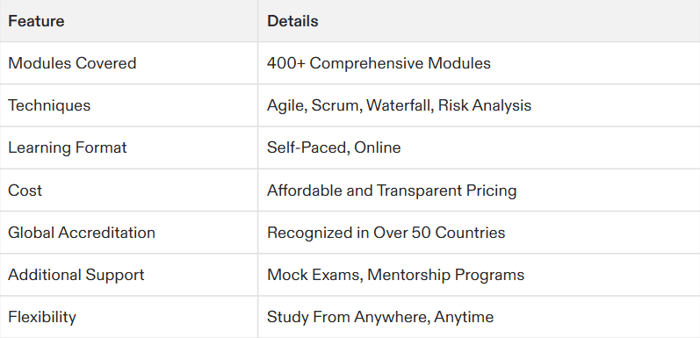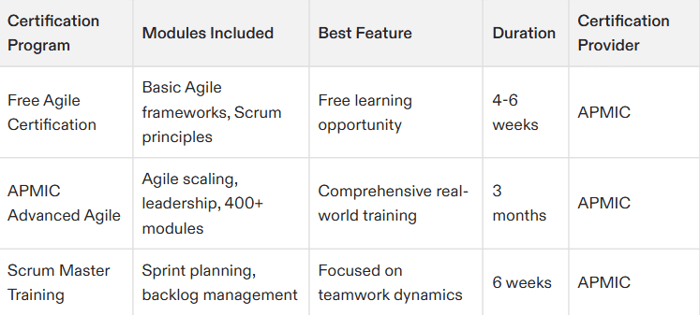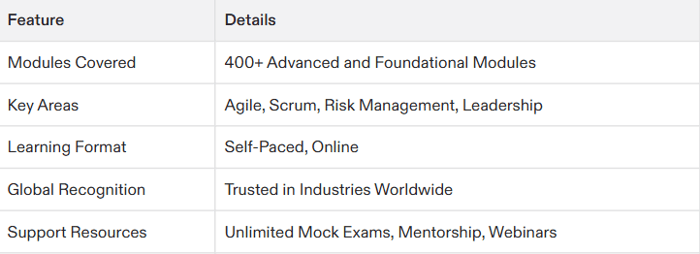Table of Contents
- What is the Project Management Certification CPCC?
- Why Pursue the Project Management Certification CPCC in 2025?
- How to Get Started with the Project Management Certification CPCC
- Features of the CPCC Certification Program
- Less Commonly Known Facts About Project Management Certifications
- Conclusion
- FAQs
Imagine you're the maestro of a grand symphony, except instead of instruments, you're orchestrating projects. That's what project management is all about—harmonizing people, processes, and priorities to create something truly magnificent. In 2025, the Project Management Certification CPCC is your ticket to becoming that maestro. Let's dive into why this certification is the key to unlocking your full potential in the fast-paced world of project management.
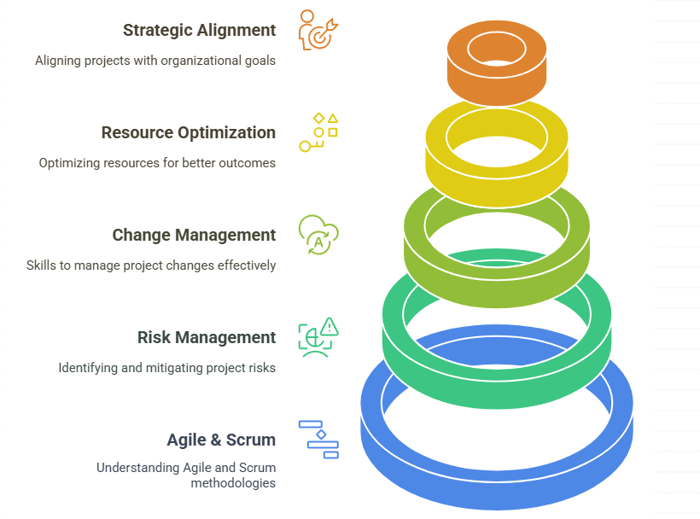
What is the Project Management Certification CPCC?
The Project Management Certification CPCC, offered by the Association for Project Management and Industry Competence (APMIC), is a globally recognized credential designed to equip professionals with the critical methodologies, tools, and leadership skills needed to excel in project management. Unlike other certifications, CPCC emphasizes a comprehensive model that integrates technical, managerial, and organizational expertise.
With its evidence-based approach, the program covers every aspect of project management necessary to meet the growing complexities of modern business landscapes. If you're exploring flexible and affordable learning options, check out The Ultimate Guide to Project Management Certification on Udemy for additional certification opportunities that align with your career goals.
The certification aligns with APMIC's mission to promote excellence in project execution. Through its extensive curriculum, candidates gain expertise in areas such as:
Agile and Scrum Fundamentals: Understanding the principles and practices of Agile and Scrum methodologies.
Risk Management Frameworks: Learning how to identify, assess, and mitigate risks in projects.
Change Management Strategies: Developing skills to manage change effectively within projects.
Resource Optimization Techniques: Mastering ways to optimize resources for better project outcomes.
Strategic Alignment of Projects with Organizational Goals: Ensuring projects align with the overall strategic objectives of the organization.
No matter your current role, CPCC can add credibility to your skills and significantly enhance your career prospects.
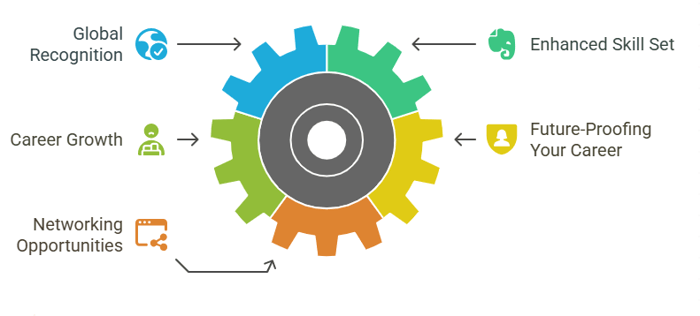
Why Pursue the Project Management Certification CPCC in 2025?
Earning the Project Management Certification CPCC in 2025 isn’t just about adding a credential to your résumé; it's about staying competitive in a job market that increasingly values specialization and verified expertise. Here are key reasons why you should consider this certification:
Global Recognition: The CPCC badge is a mark of excellence recognized across industries such as technology, healthcare, construction, finance, and more. Companies trust APMIC-certified professionals to lead high-stakes projects.
Enhanced Skill Set: With its in-depth modules covering project life cycles, stakeholder communication, performance monitoring, and conflict resolution, you'll graduate as a well-rounded leader capable of taking on complex challenges.
Career Growth: According to APMIC, certified professionals witness a 22% higher salary increase compared to their uncertified peers. The CPCC also prepares you for leadership roles with strategic responsibilities.
Future-Proofing Your Career: Organizations today prioritize professionals who demonstrate adaptability, resilience, and proven expertise in applying top-tier methodologies. The CPCC curriculum equips you with these qualities using simulations, case studies, and practical assessments.
Networking Opportunities: Completing the program connects you to a global alumni network of seasoned professionals, enriching your professional relationships and providing mentorship opportunities.
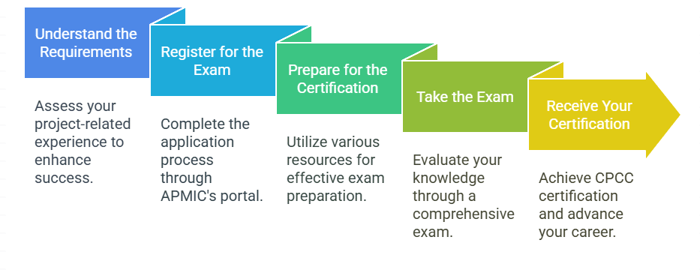
How to Get Started with the Project Management Certification CPCC
Earning the Project Management Certification CPCC involves a structured process that prepares you for a successful career in project management. Here’s a detailed, step-by-step guide to help you achieve this certification:
1. Understand the Requirements
While there are no strict prerequisites for the CPCC certification, having 3-5 years of project-related experience can significantly enhance your chances of success. This experience helps you understand practical project management concepts and apply them effectively during the certification process.
2. Register for the Exam
The application process is straightforward and can be completed through APMIC's online portal. Here, you'll find all the necessary details regarding:
Enrollment: Learn about the eligibility criteria and how to enroll for the exam.
Payment: Understand the fee structure and payment options available.
Timelines: Familiarize yourself with the exam schedule and deadlines for registration.
3. Prepare for the Certification
Preparation is key to passing the CPCC exam. Utilize the following resources to enhance your knowledge:
APMIC's Learning Resources: Leverage study materials, guides, and manuals provided by APMIC.
Advanced Simulations: Engage with simulated project scenarios to practice applying theoretical concepts in real-world settings.
Training Material: Access comprehensive training materials, including textbooks, videos, and online courses.
Study Groups or Instructors: Join study groups or work with instructors to clarify challenging topics and gain insights from experienced professionals.
4. Take the Exam
The CPCC exam is designed to assess your understanding of core project management concepts and their practical applications. The exam questions will cover:
Technical Components: Evaluate your knowledge of project management tools, techniques, and methodologies.
Methodological Components: Assess your understanding of project management processes and frameworks.
Behavioral Components: Test your ability to apply project management principles in real-world scenarios, focusing on leadership, communication, and teamwork skills.
5. Receive Your Certification
Once you pass the exam, you will officially become CPCC-certified. This certification opens doors to lucrative roles and opportunities for career advancement in the project management field. It demonstrates your expertise and commitment to professional development, making you a more attractive candidate to potential employers.
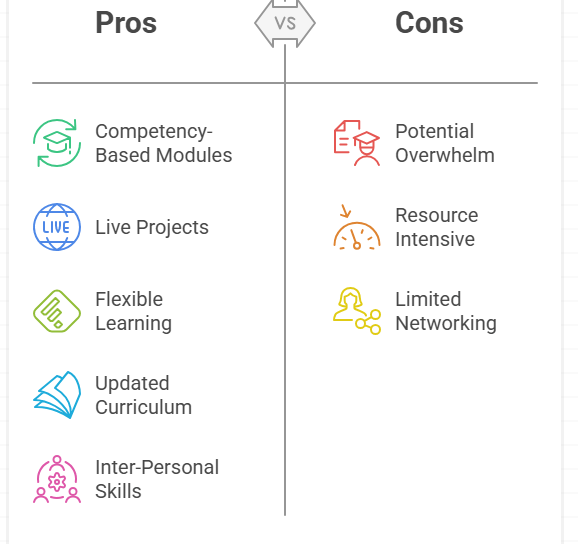
Features of the CPCC Certification Program
The Project Management Certification CPCC program boasts a curriculum structured to ensure client-oriented results and strategic impact. Here’s a breakdown of its unique features:
Competency-Based Modules: Specialized learning paths that cover everything from procurement to digital transformation strategies.
Live Projects and Simulations: Practical assessments prepare you to manage real-world projects efficiently.
Flexible Learning Options: A self-paced design ensures you can balance the coursework alongside job demands.
Updated Curriculum: APMIC frequently updates CPCC content to align with global trends, ensuring the program remains relevant for future technological advancements.
Focus on Inter-Personal Skills: The program recognizes that collaboration, communication, and leadership are as essential as technical expertise.
For professionals interested in Lean Six Sigma methodologies integrated with project management training, explore Your Ultimate Guide to SSGI Project Management Certification for additional learning paths that complement CPCC certification.
Less Commonly Known Facts About Project Management Certifications
The Importance of Soft Skills: Project management certifications like CPCC emphasize not just technical skills but also soft skills such as communication and leadership, which are crucial for project success.
Source: Soft Skills - Wikipedia
Global Demand for Project Managers: The demand for skilled project managers is increasing globally, with certifications like CPCC helping meet this demand by providing the necessary skills.
Source: Project Management - Wikipedia
Customization in Certifications: Some certifications offer specialized tracks or modules tailored to specific industries or methodologies, such as Agile or Scrum.
Source: Agile Methodology - Wikipedia
The Role of Technology in Project Management: Certifications often include training on using project management software and tools, which are essential for modern project management.
Sustainability in Project Management: There is a growing focus on sustainability in project management, with certifications incorporating principles of sustainable project management.
Cross-Industry Applicability: Project management certifications are applicable across various industries, making them versatile for career transitions.
Source: Project Management - Wikipedia
Conclusion
The Project Management Certification CPCC is more than a credential—it's a gateway to mastering essential skills, improving career prospects, and standing out in a competitive marketplace. The emphasis on modern methodologies, real-world applications, and personal growth makes it the perfect investment for ambitious professionals in 2025.
If you're looking to enhance your project management skills further, consider exploring other certifications like the PMP. For those interested in preparing for the PMP exam, we recommend checking out our comprehensive PMP Certification Prep Course at APMIC.
FAQs
What is the difference between CPCC and PMP certifications?
While both are prestigious certifications, CPCC focuses on competency-based project management with a broader curriculum covering technical, managerial, and organizational skills. PMP, offered by PMI, emphasizes project management knowledge based on the PMBOK Guide and requires specific experience and education prerequisites.
How does CPCC certification benefit beginners in project management?
CPCC offers beginner-friendly pathways, allowing new entrants to gain foundational knowledge and skills in project management without requiring extensive prior experience.
Can CPCC certification help in career transition?
Yes, CPCC can be instrumental in transitioning into leadership roles or moving into project management from other fields due to its comprehensive skillset and global recognition.
What kind of projects can I manage with a CPCC certification?
With CPCC, you can manage a wide range of projects across various industries, including technology, healthcare, construction, and finance.
How does CPCC certification impact salary prospects?
Certified professionals typically experience a significant salary increase, as the certification demonstrates expertise and commitment to project management excellence.
Is CPCC certification valid for life, or does it need renewal?
While the certification itself is valid for life, maintaining professional development and staying updated with industry trends is recommended for ongoing success.
Can I pursue CPCC certification alongside other certifications like PMP?
Yes, pursuing multiple certifications can enhance your skillset and career opportunities, though it depends on your career goals and current experience.
How does CPCC certification support career advancement in multinational companies?
CPCC’s global recognition and comprehensive curriculum make it highly valued by multinational companies seeking leaders who can manage complex projects effectively.

